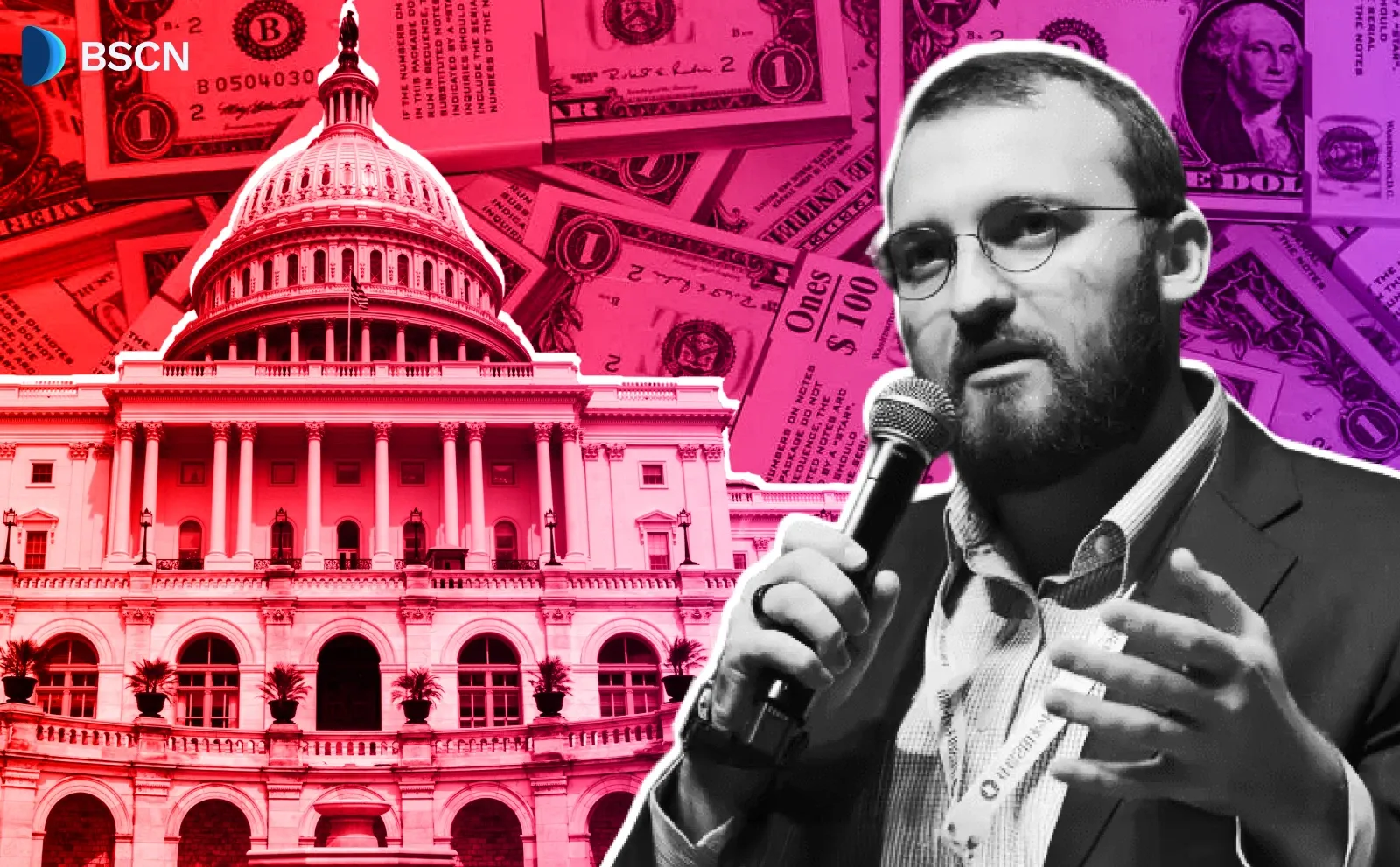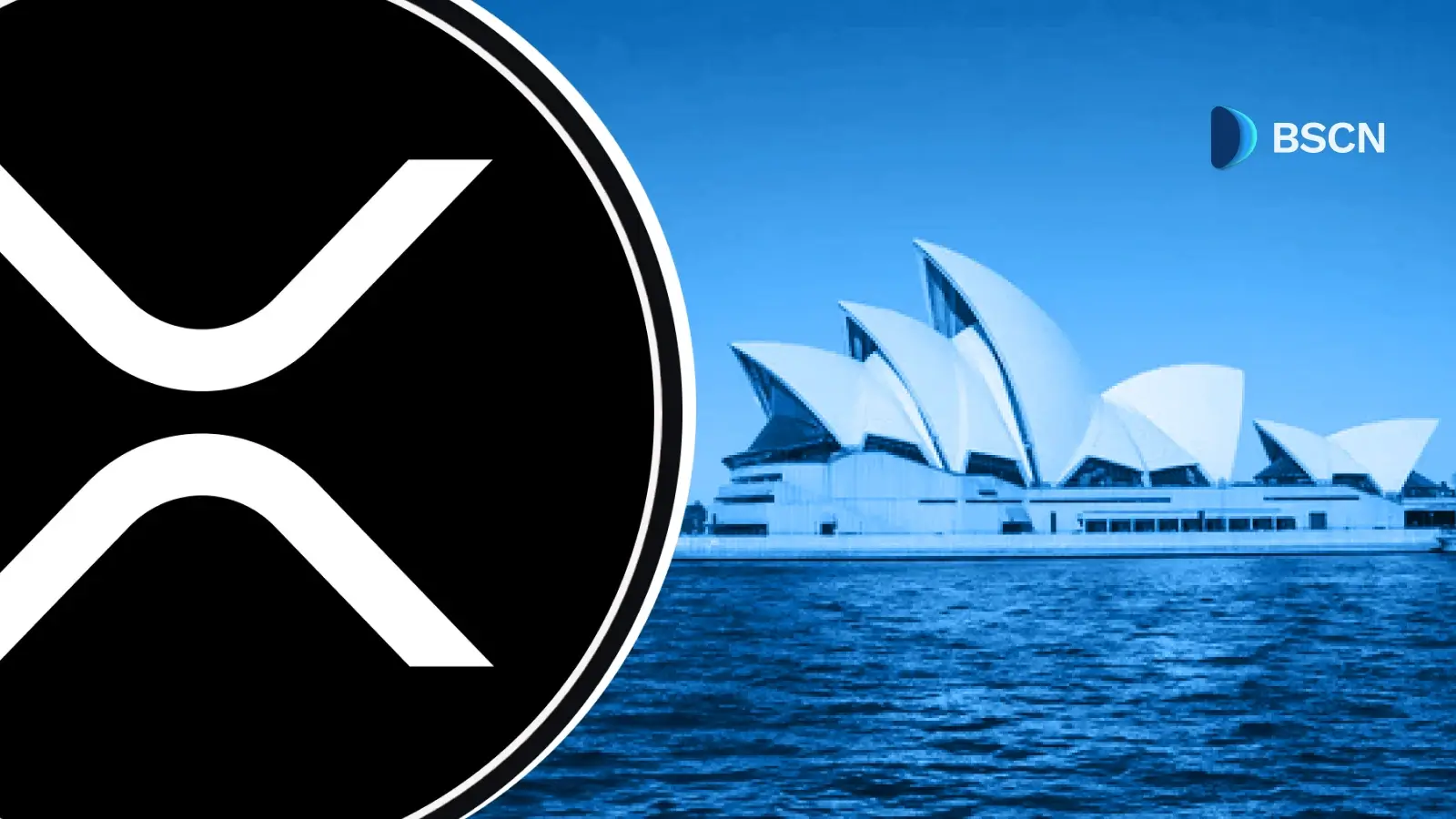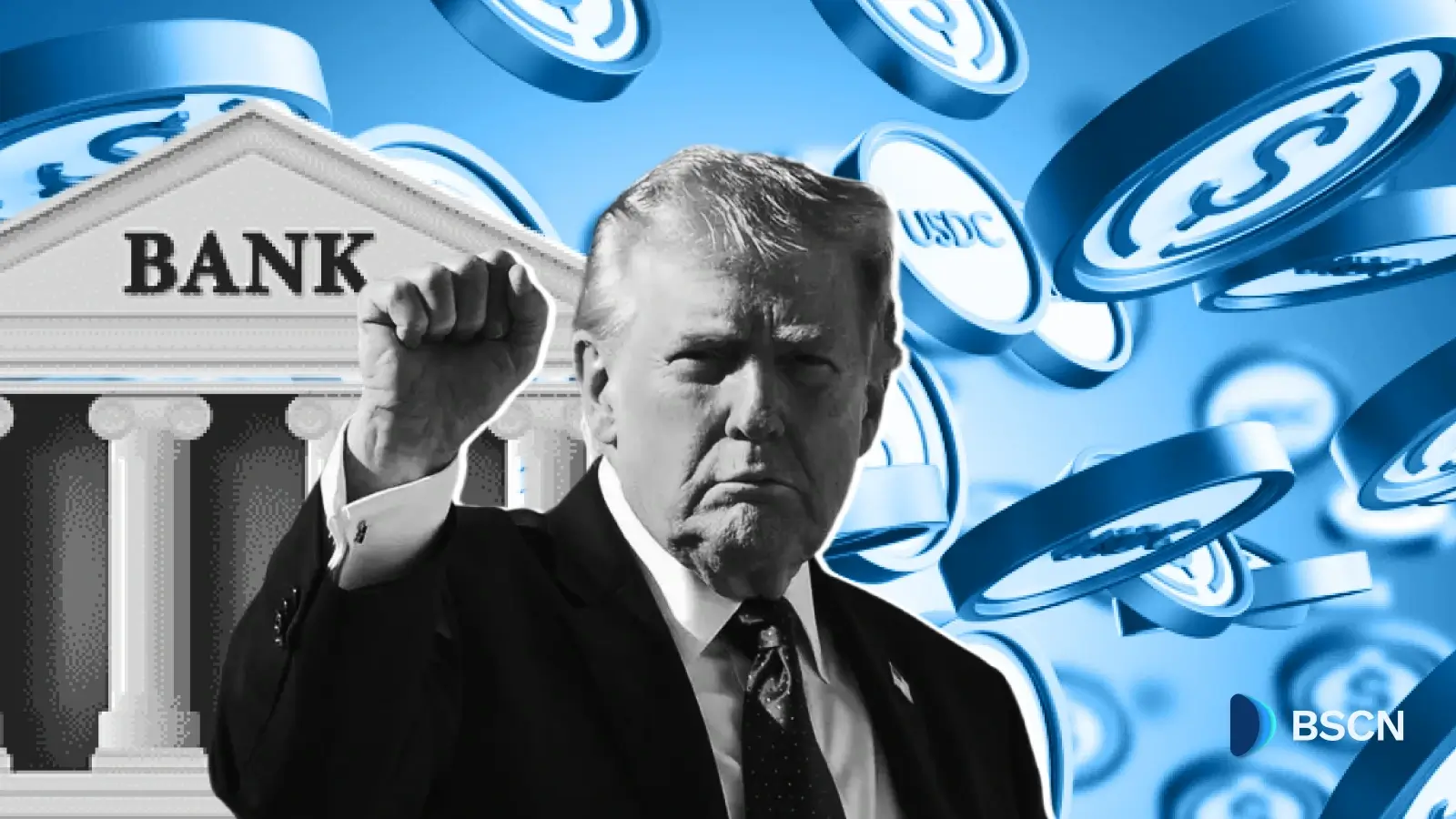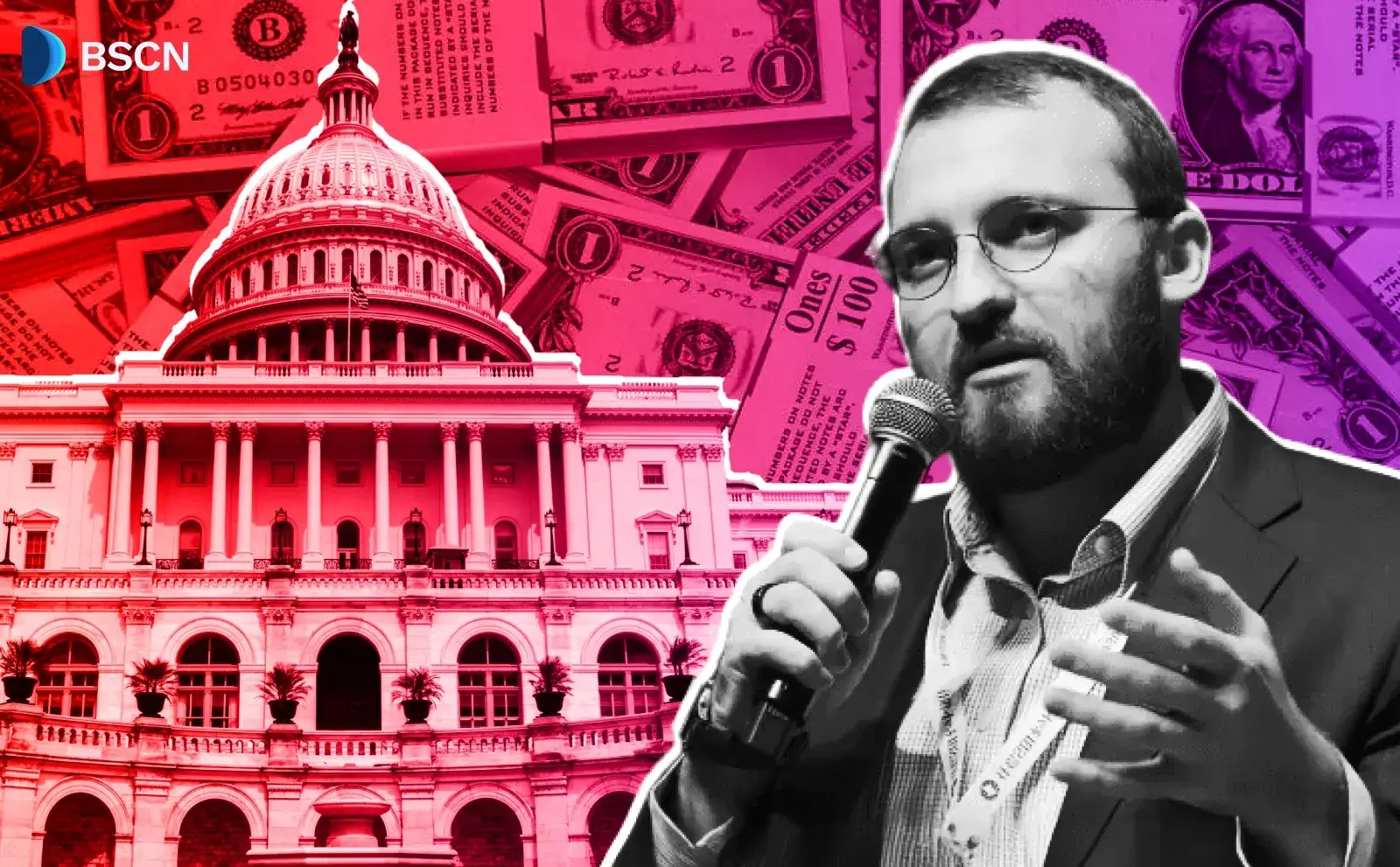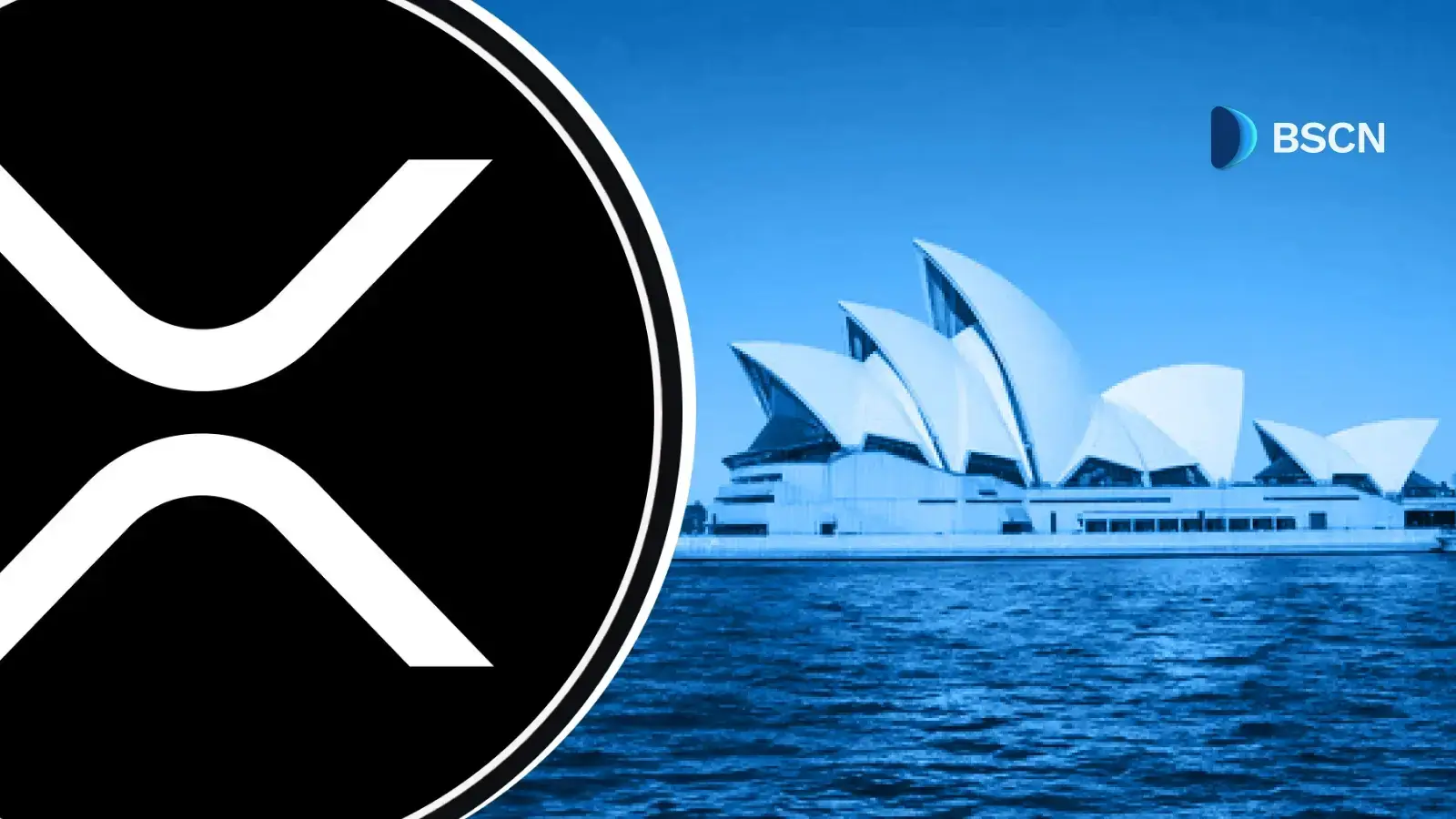Brian Armstrong: From Bitcoin Believer to Coinbase CEO
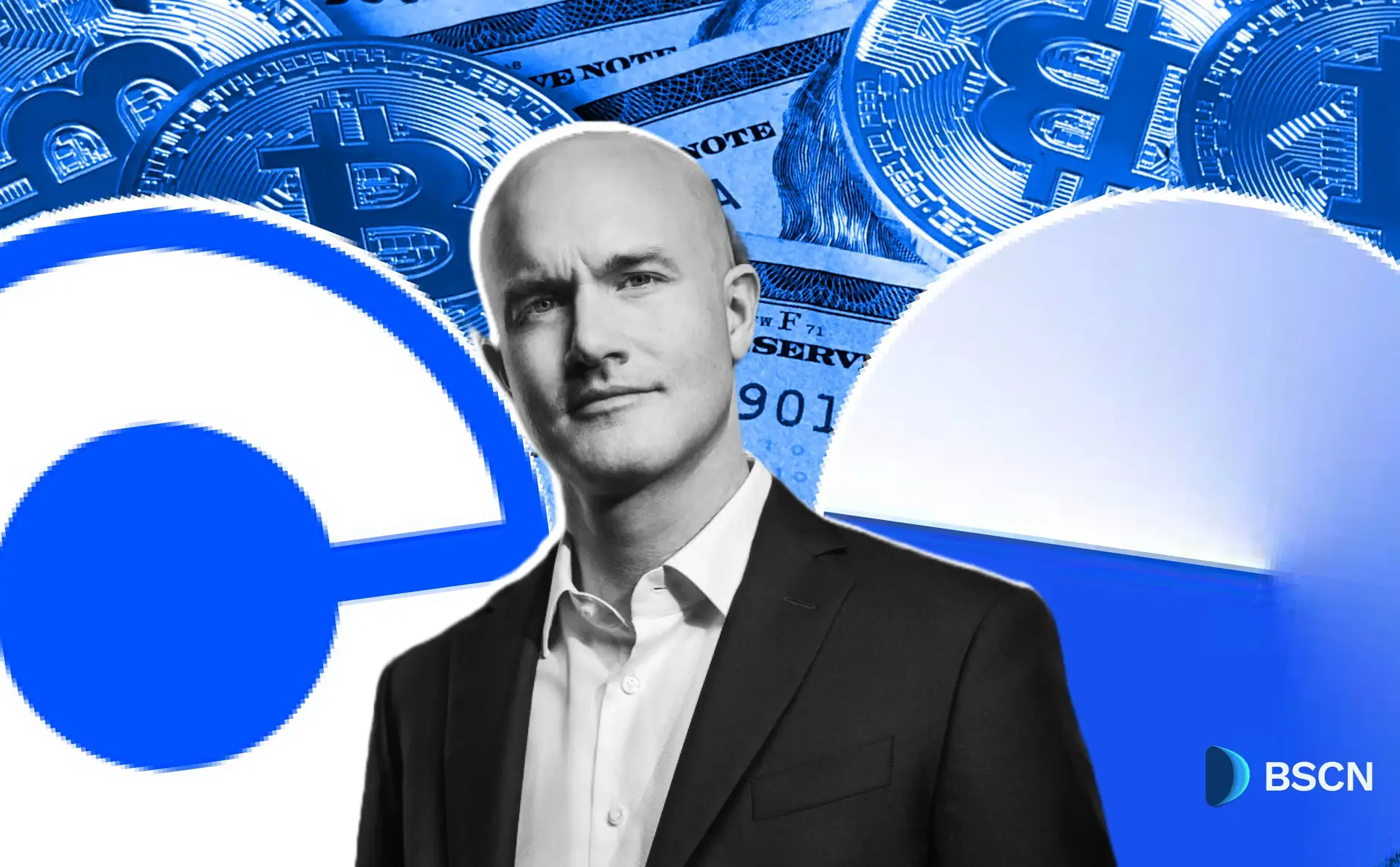
Discover how Brian Armstrong built Coinbase from a startup to an S&P 500 company, his vision for cryptocurrency's future, and his ongoing fight for clearer regulations in the crypto industry.
Crypto Rich
May 19, 2025
Table of Contents
In May 2025, Coinbase made history by becoming the first cryptocurrency company to join the S&P 500 index. This milestone represents more than just corporate success—it marks cryptocurrency's acceptance in mainstream finance. Behind this achievement stands Brian Armstrong, co-founder and CEO of Coinbase, whose vision has helped transform digital assets from an obscure technology to a recognized financial sector.
Armstrong's journey from a curious software engineer to one of the most influential figures in cryptocurrency demonstrates the rapid evolution of digital assets. His persistence through regulatory challenges and market volatility has positioned Coinbase as America's largest cryptocurrency exchange and established Armstrong as a key advocate for the industry's future.
Early Life and Path to Cryptocurrency
Born on January 25, 1983, in San Jose, California, Armstrong grew up in a household that valued technology. With engineer parents, he developed an early interest in computing. During his high school years at Bellarmine College Preparatory, a Catholic all-male school, Armstrong learned Java and CSS, creating websites for local businesses.
After high school, Armstrong studied computer science and economics at Rice University. Before crypto, Armstrong experimented with entrepreneurship, launching a tutoring website that failed to gain traction. This early setback taught him resilience, shaping his approach to risk-taking when he later bet on Bitcoin.
In 2010, Armstrong came across the Bitcoin whitepaper on Hacker News. The concept immediately captured his attention, especially after he witnessed the effects of hyperinflation during a visit to Argentina. Armstrong recognized Bitcoin's potential to create a more open financial system when the cryptocurrency was worth just $6—far before most people took it seriously.
Creating Coinbase: America's Largest Crypto Exchange
Armstrong co-founded Coinbase in June 2012 with Fred Ehrsam. Their goal was straightforward: build a user-friendly platform where people could easily buy, sell, and store cryptocurrencies. The startup was accepted into Y Combinator with a prototype for a hosted Bitcoin wallet.
Coinbase's growth has been remarkable:
- From 30,000 users in its first year (2012) to 108 million registered users worldwide by 2024, with 8 million monthly transacting users in Q1 2024
- Now serves customers in over 100 countries across six continents
- Handled $312 billion in quarterly trading volume in Q1 2024, with $315 billion in institutional volume in Q1 2025 and $800 billion in derivatives volume in Q1 2025
- Remains the largest cryptocurrency exchange in the United States by trading volume, managing $404 billion in digital assets as of 2024
- Generated $6.2 billion in revenue in 2024, a 113% increase from $2.9 billion in 2023, with $2.0 billion in Q1 2025, reflecting robust financial recovery
In April 2021, Coinbase went public through a direct listing on the Nasdaq. Shares opened at $381, valuing the company at approximately $86 billion. Armstrong owns about 19% of Coinbase, which forms a significant portion of his wealth.
The company's inclusion in the S&P 500 in May 2025 represents a defining moment for the cryptocurrency industry. Armstrong highlighted this achievement as proof that "crypto is here to stay" and has secured its place in the financial system.
Innovation and Industry Leadership
As CEO, Armstrong oversees both the retail and institutional aspects of Coinbase's business. Under his leadership, the company has developed several innovative products:
- USDC, a regulated stablecoin pegged to the U.S. dollar
- The COIN50 Index, which tracks performance of top crypto assets
- Coinbase Futures trading platform
- Base, a layer-2 blockchain solution
- Support for 248 tradable digital currencies and 3 fiat currencies, offering one of the broadest asset selections among U.S. exchanges
In 2024, Coinbase partnered with Stripe to integrate cryptocurrency payments for millions of businesses, allowing them to use Base and USDC for transactions.
Armstrong's influence extends beyond Coinbase. Forbes ranked him on its 2024 Billionaires List with a net worth of $7.3 billion, reflecting his 19% stake in Coinbase and Ethereum holdings. Early in his career, Fortune named him to its "40 Under 40" list in 2017 for his rising influence in crypto.
Advocacy for Cryptocurrency Adoption
Armstrong has established himself as one of crypto's most vocal advocates, particularly regarding regulation and adoption. In 2024, his Stand With Crypto Alliance rallied over 1 million supporters, pushing for clear U.S. digital asset regulations.
Armstrong regularly engages with lawmakers and meets with members of Congress to promote policies favorable to the crypto industry. At the 2025 World Economic Forum in Davos, he emphasized digital currency's role in fostering economic freedom and free-market capitalism.
His criticism of U.S. regulatory agencies, particularly the Securities and Exchange Commission (SEC), has been consistent. Armstrong has described many SEC lawsuits against crypto companies as "frivolous" and called for clearer definitions of what constitutes a digital asset broker. He advocates for:
- Specific stablecoin legislation
- Exemptions for miners and developers from certain regulations
- Recognition of Bitcoin as a potential U.S. strategic reserve asset
Armstrong argues that opposing crypto is politically unwise, noting that 60 million Americans used crypto in 2024 and 45% of young people see it as an economic opportunity. Following the 2024 U.S. election, Armstrong met with President-elect Donald Trump to discuss crypto policies and expressed optimism about working with the new administration.
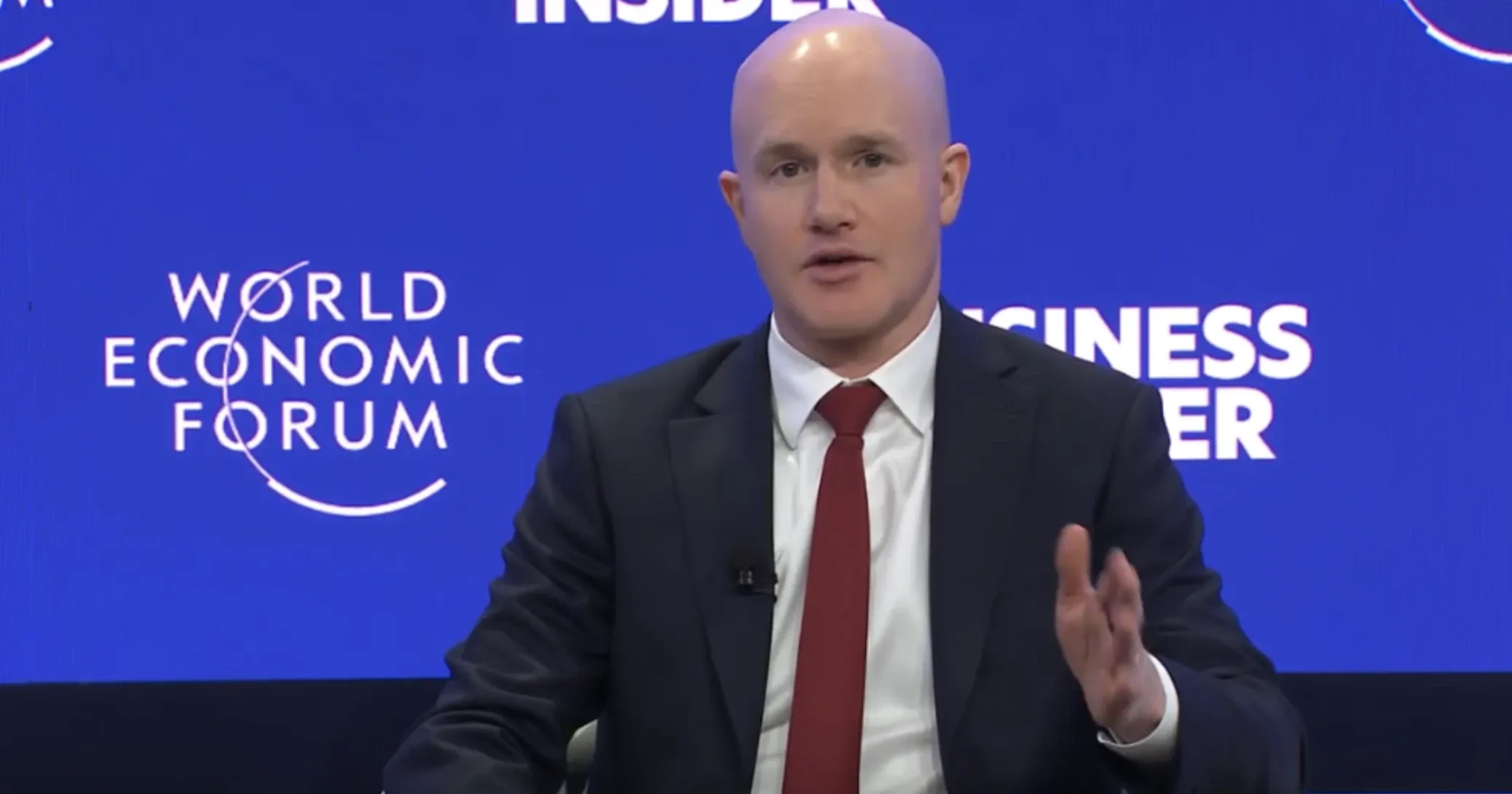
Philanthropy and Economic Vision
In 2018, Armstrong founded GiveCrypto.org, distributing cryptocurrency to those in need, such as $1 million in Bitcoin to Venezuelan families in 2020 and ongoing aid in Ukraine and Africa. The initiative supports financial inclusion in regions with unstable currencies.
That same year, Armstrong signed The Giving Pledge, committing to donate the majority of his wealth to charitable causes during his lifetime.
Armstrong predicts that billions of people will use Bitcoin by 2030 and supports it as a "successor to gold." He foresees cryptocurrency becoming part of 401(k) retirement plans and believes the COIN50 Index could rival the S&P 500 in importance within a decade.
Controversies and Challenges
Despite his success, Armstrong's leadership has faced criticism on several fronts:
Regulatory Conflicts
Coinbase faced SEC scrutiny for years, culminating in a 2023 lawsuit alleging the company operated as an unregistered broker. In February 2025, the SEC dismissed this case—a victory Armstrong celebrated as a step toward innovation. Despite this win, he continues to criticize the agency for unclear rules and enforcement actions that he believes harm innovation. Armstrong has called for the next SEC chair to end what he terms "frivolous" litigation against crypto companies.
Product Criticism
Some users have criticized Coinbase's futures trading platform for its clunky interfaces and slow execution speeds, arguing that such flaws could damage cryptocurrency's reputation among new users and traditional financial institutions.
Radical Ideas
A 2024 CoinDesk article speculated that Armstrong supports the "Network State" movement, a concept by Balaji Srinivasan proposing decentralized, crypto-based communities independent of traditional governments. Critics argue this vision could disrupt national sovereignty, though Armstrong has not publicly confirmed his stance.
Listing Disputes
Armstrong faced backlash from figures like Justin Sun, who disputed Armstrong's claim that Coinbase offers free asset listings, highlighting tensions within the cryptocurrency community.
Leadership Style and Personal Traits
Those who have worked with Armstrong describe him as a visionary who persisted with Coinbase despite early skepticism about cryptocurrency's legitimacy. His leadership approach emphasizes:
- Clear communication, which he views as storytelling, to align teams around common goals
- Adaptability, having learned to navigate regulation and marketing despite his technical background
- Efficiency, promoting initiatives like "Delete Week" to eliminate unnecessary processes
- A no-politics workplace culture focused on the company's core mission
The Future According to Armstrong
Armstrong envisions a transformative future, predicting Bitcoin will become a U.S. strategic reserve asset by 2030, a goal bolstered by President-elect Trump's 2024 campaign pledge. This bold idea could stabilize markets but faces skepticism from regulators wary of volatility.
Institutional adoption is growing rapidly. BlackRock's Bitcoin ETF (IBIT) reached $30 billion in assets under management (AUM) by Q1 2025, with $10 billion in inflows during that quarter alone. These developments lend credibility to Armstrong's forecasts.
Armstrong remains optimistic about crypto's future. He continues to predict major developments:
- Crypto integration in retirement accounts
- The COIN50 Index becoming as important as the S&P 500
- Billions of global users adopting digital assets by 2030
Armstrong's journey from discovering Bitcoin at $6 to leading a company in the S&P 500 demonstrates his long-term vision. At Davos 2025, he stated that "Crypto is now a top-of-mind force around the world," reflecting his belief in its global impact.
Armstrong's Ongoing Legacy
Brian Armstrong has transformed from a Silicon Valley software engineer to one of cryptocurrency's most influential figures. His leadership has helped Coinbase weather market volatility and regulatory challenges while bringing cryptocurrency to millions of users.
Despite controversies, Armstrong's commitment to economic freedom through decentralized finance continues to shape the industry. His advocacy for clearer regulations and prediction that cryptocurrency will transform global finance suggest his influence will extend far beyond Coinbase.
Armstrong's early bet on Bitcoin and persistent vision for a more accessible financial system position him as a central figure in the ongoing development of digital assets. You can follow him on X (@brian_armstrong) to stay up to date on his work.
Read Next...
Disclaimer
Disclaimer: The views expressed in this article do not necessarily represent the views of BSCN. The information provided in this article is for educational and entertainment purposes only and should not be construed as investment advice, or advice of any kind. BSCN assumes no responsibility for any investment decisions made based on the information provided in this article. If you believe that the article should be amended, please reach out to the BSCN team by emailing [email protected].
Author
 Crypto Rich
Crypto RichRich has been researching cryptocurrency and blockchain technology for eight years and has served as a senior analyst at BSCN since its founding in 2020. He focuses on fundamental analysis of early-stage crypto projects and tokens and has published in-depth research reports on over 200 emerging protocols. Rich also writes about broader technology and scientific trends and maintains active involvement in the crypto community through X/Twitter Spaces, and leading industry events.
Crypto Project & Token Reviews
Project & Token Reviews
Comprehensive reviews of crypto's most interesting projects and assets
Learn about the hottest projects & tokens









